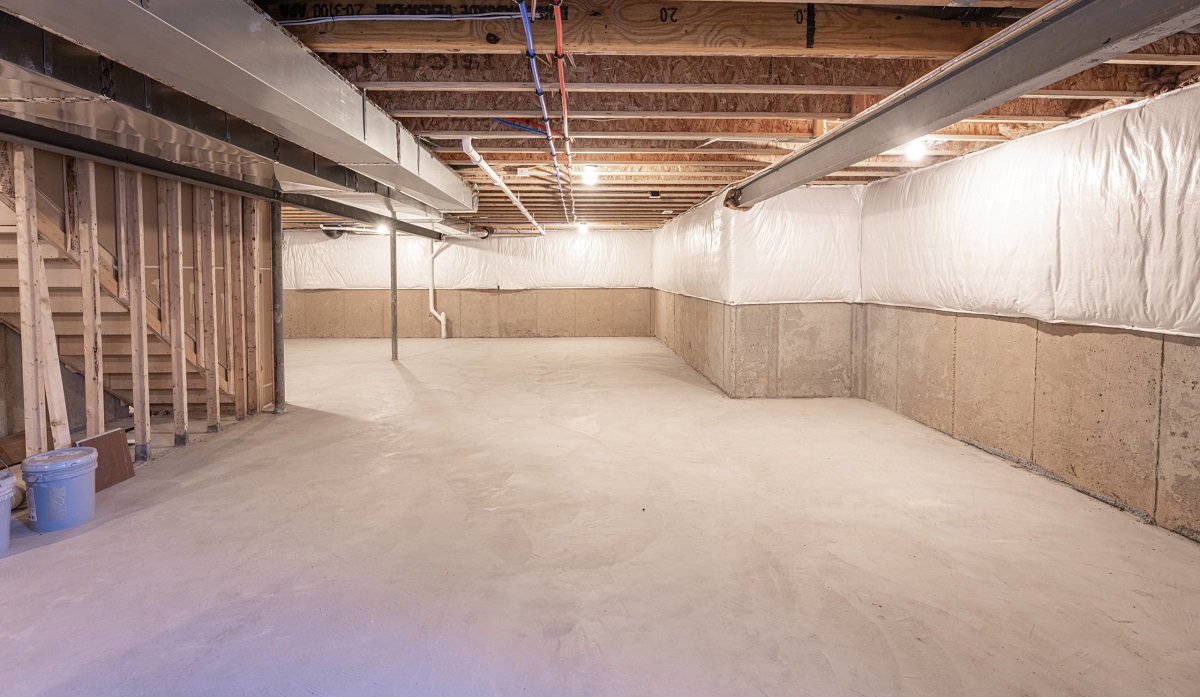

Articles
Why Does My Basement Smell Like Sulfur
Modified: December 7, 2023
Discover articles on why your basement smells like sulfur and learn effective solutions to eliminate the unpleasant odor for a fresher living space.
(Many of the links in this article redirect to a specific reviewed product. Your purchase of these products through affiliate links helps to generate commission for Storables.com, at no extra cost. Learn more)
Introduction
Walking into your basement and being greeted by a pungent odor of sulfur can be quite unpleasant. The distinctive smell of rotten eggs can be overwhelming and linger in the air, making it difficult to ignore. If you’re wondering why your basement smells like sulfur, you’re not alone. This common issue can be caused by various factors, ranging from harmless to potentially serious.
Understanding the source of the sulfur smell is essential in order to address the problem effectively. In this article, we will explore the potential causes of sulfur odor in basements and provide you with practical steps to eliminate the unpleasant smell.
Before we delve into the possible reasons for sulfur smell in your basement, it’s important to note that any change in smells or odors in your home should never be ignored. If you suspect a gas leak or any other safety concern, it’s vital to contact a professional immediately.
Now, let’s investigate the basics of sulfur odor and explore the reasons why your basement may be emitting this unpleasant smell.
Key Takeaways:
- Identifying and addressing the specific source of sulfur smell in your basement, such as sewer gas leakage, bacteria growth, or water contamination, is crucial to effectively eliminate the unpleasant odor and create a clean, fresh living environment.
- Implementing preventive measures, regular maintenance, and seeking professional assistance when needed can help minimize the risk of encountering sulfur smell issues in your basement, ensuring a healthy and odor-free space for you and your family to enjoy.
Read more: Why Does My Basement Smell Like Sewer
Understanding the Basics of Sulfur Odor in Basements
When it comes to the odorous smell of sulfur in your basement, it’s important to understand the science behind it. Sulfur, also known as sulphur, is a naturally occurring element that can be found in various forms. It has a distinctive smell that is often compared to the odor of rotten eggs.
In homes, the presence of sulfur odor usually indicates the presence of hydrogen sulfide gas. This gas is produced as a result of decomposition processes, particularly in areas such as sewage systems, drains, and pipes. When these processes occur, sulfur compounds get released into the air, giving off an unpleasant smell in the form of hydrogen sulfide gas.
The presence of sulfur odor in your basement can be a sign of an underlying issue that needs attention. While occasional smells may not indicate a severe problem, persistent and strong sulfur odors should be investigated further.
Next, let’s explore some of the potential causes that can lead to a sulfur smell in your basement. By identifying the source, you can take the necessary steps to eliminate the odor and prevent its recurrence.
Potential Causes of Sulfur Smell in Basements
There are several potential causes for the sulfur smell in your basement. Understanding these causes will help you identify the source of the odor and take appropriate measures to address it. Here are some common culprits:
- Sewer Gas Leakage: One of the primary causes of sulfur smell in basements is a leakage in the sewer system. If there is a crack in the sewer pipes or a faulty seal, sewer gases can escape and permeate into your basement, resulting in the unpleasant smell.
- Bacteria Growth in Pipes: Bacteria growth in drains and pipes is another common cause of sulfur odor. Certain bacteria produce hydrogen sulfide gas as a byproduct of their metabolic processes, leading to the distinct rotten egg smell.
- Water Contamination: Sulfur smell in basements can also be a result of water contamination. If the water supply to your home contains high levels of sulfur, it can manifest as an odor when used or when it evaporates in the basement.
- Faulty Plumbing System: Issues with your plumbing system, such as damaged or corroded pipes, can cause sulfur smell to linger in your basement. Leaking pipes or outdated plumbing systems can create an environment where sulfur-producing bacteria thrive.
- Drain Trap Issues: Drain traps are designed to prevent odors from entering your living space by creating a water barrier. However, if the drain trap dries out or becomes damaged, it can allow sewer gases to flow into your basement, resulting in sulfur odor.
By understanding these potential causes, you can begin to investigate and identify the specific source of the sulfur smell in your basement. In the next section, we will discuss the steps you can take to determine the exact cause and eliminate the odor.
Sewer Gas Leakage
Sewer gas leakage is a common cause of sulfur smell in basements. It occurs when there is a crack or damage in the sewer pipes, allowing the gas to escape and infiltrate your basement. The smell of sewer gas is often described as a strong, foul odor reminiscent of rotten eggs.
If you suspect that sewer gas leakage is the cause of the sulfur smell in your basement, it’s important to take immediate action. Here are the steps you can follow to address this issue:
- Identify the source: Start by carefully inspecting your basement for any visible signs of sewer gas leakage, such as wet spots, dampness, or cracks in the walls or floor. Pay close attention to areas where the sewer pipes are located, such as near toilets, sinks, or floor drains.
- Call a professional plumber: If you’re unable to locate the source of the leakage or if you’re not comfortable handling the situation yourself, it is recommended to call a licensed plumber. They will have the expertise to identify and repair any issues with your sewer pipes.
- Repair or replace the damaged pipes: Once the plumber has identified the source of the leak, they can proceed with repairing or replacing the damaged pipes. It may involve patching up the cracks or replacing a section of the pipe, depending on the extent of the damage.
- Monitor the odor: After the repair work is done, monitor your basement for any lingering sulfur smell. If the odor persists, it’s important to revisit the issue and seek professional help to ensure that all leaks have been properly addressed.
Remember, sewer gas leakage can be potentially hazardous to your health, so it’s crucial to take prompt action to resolve the issue. By addressing sewer gas leakage, you can eliminate the sulfur smell in your basement and create a healthier living environment.
Bacteria Growth in Pipes
Bacteria growth in pipes is another common cause of the sulfur smell in basements. Certain bacteria, such as sulfate-reducing bacteria, produce hydrogen sulfide gas as a byproduct of their metabolic processes. This gas has a distinct rotten egg odor, which can be quite unpleasant when it permeates through your plumbing system and reaches your basement.
If you suspect that bacteria growth in pipes is the source of the sulfur smell, here are some steps you can take to address the issue:
- Flush your drains: Start by flushing your drains with hot water for several minutes. This can help remove any accumulated debris or bacteria causing the odor.
- Use a bacterial cleaner: There are commercial drain cleaners available that contain bacteria that feed on organic matter in your pipes. Using these cleaners can help eliminate the bacteria causing the sulfur smell. Make sure to follow the instructions provided by the manufacturer.
- Consider natural remedies: Alternatively, you can try using natural remedies to eliminate bacteria in your pipes. For example, pouring a mixture of baking soda and vinegar down the drain can create a fizzy reaction that helps to break down organic matter and remove bacteria.
- Regular maintenance: To prevent future bacteria growth, it is important to practice regular maintenance of your plumbing system. This includes periodically cleaning your drains and pipes using the methods mentioned above.
- Consult a professional: If the sulfur smell persists or if you’re unsure about how to effectively address the issue, it is recommended to consult a professional plumber. They can assess the situation, identify the specific bacteria causing the odor, and provide appropriate solutions.
By tackling the issue of bacteria growth in your pipes, you can eliminate the sulfur smell in your basement and ensure that your plumbing system remains clean and odor-free.
Read more: Why Does My AC Smell Like Vinegar
Water Contamination
Sulfur smell in basements can also be caused by water contamination. If your water supply contains high levels of sulfur, it can result in an unpleasant odor when the water is used or when it evaporates in the basement.
If you suspect water contamination is the source of the sulfur smell in your basement, here are some steps you can take to address the issue:
- Test your water: Start by testing your water to determine the levels of sulfur present. You can purchase a water testing kit or contact a professional to perform the test for you. This will help confirm if sulfur is indeed the cause of the odor.
- Install a water treatment system: If the test results indicate high levels of sulfur in your water supply, consider installing a water treatment system specifically designed to remove sulfur. This could be a whole-house filtration system or a point-of-use filter installed on specific faucets or showers.
- Consult a water treatment professional: If you’re unsure about the appropriate water treatment system for your situation, it’s advisable to consult a water treatment professional. They can assess the quality of your water, recommend the right treatment system, and ensure its proper installation.
- Maintain the water treatment system: Once you have installed a water treatment system, it’s important to follow the manufacturer’s guidelines for maintenance. Regularly replace filters, clean the system, and monitor the effectiveness of the treatment in removing sulfur from your water.
- Consider using alternative water sources: If your water supply continues to have high levels of sulfur despite treatment efforts, you may want to explore alternative sources of water. This could include using bottled water for drinking and cooking or installing a separate water source, such as a well.
By addressing water contamination, you can eliminate the sulfur smell in your basement and ensure that your water supply is clean and odor-free. Remember to regularly monitor the quality of your water to maintain a healthy and pleasant living environment.
Faulty Plumbing System
A faulty plumbing system can be one of the causes of sulfur smell in basements. Issues such as damaged or corroded pipes, leaking connections, or outdated plumbing systems can create an environment where sulfur-producing bacteria thrive, leading to the unpleasant odor.
If you suspect that a faulty plumbing system is the source of the sulfur smell in your basement, here are some steps you can take to address the issue:
- Inspect your plumbing system: Start by inspecting your plumbing system for any visible signs of damage, such as leaks, rust, or corrosion. Check the pipes, connections, and fixtures to identify any potential areas where sulfur-producing bacteria may be thriving.
- Call a professional plumber: If you’re not comfortable or experienced with plumbing repairs, it’s best to call a licensed plumber. They can assess the condition of your plumbing system, identify any faulty components, and determine the most appropriate course of action.
- Repair or replace damaged pipes: Depending on the extent of the damage, the plumber may repair or replace the damaged pipes. This could involve patching up small leaks or replacing sections of corroded pipes to eliminate the habitat where sulfur-producing bacteria thrive.
- Upgrade your plumbing system: If your plumbing system is outdated or prone to issues, it may be beneficial to consider upgrading your pipes or fixtures. Modern plumbing materials and technologies can help prevent future problems and create a more efficient and odor-free system.
- Maintain your plumbing system: Regular maintenance of your plumbing system is essential to prevent future sulfur smells in your basement. This includes regular inspections, cleaning drains and pipes, and addressing any plumbing issues promptly to avoid exacerbating the problem.
By addressing any faults in your plumbing system, you can eliminate the sulfur smell in your basement and ensure that your plumbing operates efficiently and odor-free.
Drain Trap Issues
Drain traps play an important role in preventing odors from entering your living space by creating a water barrier. However, if drain traps dry out or become damaged, they can allow sewer gases to flow into your basement, resulting in a sulfur smell.
If you suspect that drain trap issues are causing the sulfur smell in your basement, here are some steps you can take to address the issue:
- Locate the drain traps: Identify the drain traps in your basement, which are usually found under sinks, showers, bathtubs, or floor drains. They are typically U-shaped pipes that hold water to create a seal against sewer gases.
- Check for water in the traps: Carefully inspect each drain trap to ensure that there is an adequate amount of water present. If the trap is dry, it needs to be filled with water to create the necessary seal.
- Run water in unused drains: For drains that are not frequently used, such as floor drains, run water through them periodically to keep the trap filled. This helps prevent the trap from drying out and allows it to operate effectively in blocking sewer gases.
- Fix drain trap leaks: If you notice any leaks in the drain traps, such as cracks or loose connections, repair them promptly. Leaks can lead to loss of the water seal and allow sewer gases to enter your basement.
- Consider installing additional traps: In some cases, installing additional drain traps can help prevent sewer gases from entering your basement. Consult a professional plumber to determine if this is a viable solution for your specific plumbing configuration.
By addressing drain trap issues, you can ensure the proper functioning of the traps and prevent sulfur smells from permeating your basement. Regularly keeping the traps filled with water and promptly repairing any leaks will help maintain a healthy and odor-free environment.
How to Identify the Source of Sulfur Smell in Your Basement
Determining the source of the sulfur smell in your basement is crucial in order to effectively address the issue. Here are some steps you can take to identify the specific source:
- Perform a thorough inspection: Start by conducting a visual inspection of your basement. Look for any signs of leakage, dampness, or damage in the plumbing system, such as cracks or corroded pipes. Pay close attention to areas near drains, toilets, sinks, and floor drains.
- Follow your nose: Walk around your basement and try to pinpoint the area where the sulfur smell is strongest. This can give you a general idea of where the odor is coming from.
- Check for sewer gas: If you suspect a sewer gas leak, you can perform a simple test to confirm it. Mix a small amount of dish soap with water and apply it to areas where you suspect a leak. If bubbles form, it indicates the presence of a gas leak.
- Inspect plumbing fixtures: Check the seals and connections of your plumbing fixtures, including sinks, toilets, and showers. Look for any signs of damage, loose fittings, or leaking pipes that could be contributing to the sulfur smell.
- Monitor changes in smell: Pay attention to any changes in the sulfur smell in your basement. If the odor becomes stronger or more frequent during certain times, such as when using specific fixtures or appliances, it can help narrow down the source of the smell.
- Seek professional help: If you’re unable to identify the source of the sulfur smell or suspect a more complex issue, it’s advisable to consult a professional plumber. They have the expertise and tools necessary to thoroughly assess your plumbing system and pinpoint the exact source of the odor.
By following these steps and identifying the source of the sulfur smell in your basement, you can take the necessary steps to eliminate the odor and prevent its recurrence.
To eliminate sulfur smell in your basement, check for any leaks in the plumbing or sewage system. Install a dehumidifier to reduce moisture and prevent the growth of sulfur-producing bacteria.
Read more: Why Does My Bathtub Smell Like Sewage
Steps to Eliminate Sulfur Odor from Your Basement
If you’re dealing with the unpleasant smell of sulfur in your basement, the good news is that there are steps you can take to eliminate the odor. Here are some effective methods to help you get rid of the sulfur smell:
- Identify the source: Before you can effectively eliminate the sulfur odor, it’s crucial to identify the specific source. This could be sewer gas leakage, bacteria growth in pipes, water contamination, faulty plumbing, or drain trap issues.
- Address any plumbing issues: If the source of the odor is related to your plumbing system, such as sewer gas leakage or faulty pipes, it’s essential to address these issues first. Call a professional plumber to repair any leaks, replace damaged pipes, or upgrade your plumbing system if necessary.
- Clean and disinfect drains and pipes: If bacteria growth in pipes is contributing to the sulfur smell, it’s important to clean and disinfect your drains and pipes. Use a bacterial drain cleaner or natural remedies like baking soda and vinegar to remove built-up debris and eliminate bacteria.
- Fix water supply contamination issues: If water contamination is the source of the sulfur smell, consider installing a water treatment system that specifically targets sulfur. Consult a water treatment professional to determine the most suitable system for your needs and maintain it regularly.
- Ensure proper drain trap functionality: If drain trap issues are causing the sulfur smell, ensure that all drain traps in your basement are filled with water to create a seal against sewer gases. Run water periodically in unused drains to maintain the water barrier.
- Keep your basement well-ventilated: Proper ventilation is essential to prevent stagnant air and reduce the concentration of sulfur odors. Open windows, use fans, or install a ventilation system to improve air circulation in your basement.
- Remove any odor-absorbing materials: If you have items in your basement that absorb odors, such as old carpets or upholstery, consider removing or cleaning them thoroughly to eliminate any trapped sulfur odors.
- Maintain regular cleaning and upkeep: Regular cleaning of your basement, including floors, walls, and drains, can help prevent the buildup of bacteria and odors. Keep your basement clean and well-maintained to avoid future sulfur smell issues.
- Consider professional odor removal services: In extreme cases where the sulfur smell persists despite your efforts, it may be necessary to hire professional odor removal services. These professionals have specialized equipment and knowledge to effectively eliminate stubborn odors from your basement.
By following these steps and addressing the specific source of the sulfur smell, you can successfully eliminate the odor and create a clean, fresh-smelling basement.
Checking for Sewer Gas Leakage
If you suspect sewer gas leakage is the source of the sulfur smell in your basement, it’s important to take immediate action to address the issue. Here are the steps you can follow to check for sewer gas leakage:
- Inspect visible plumbing connections: Start by inspecting all visible plumbing connections in your basement. Look for any signs of leaks, such as water stains, dampness, or dripping water. Pay close attention to areas where the sewer pipes connect to fixtures like sinks, toilets, or floor drains.
- Check for cracks or damage: Examine the sewer pipes and connections for any visible cracks, holes, or damage. These can be indications of gas leakage. In some cases, you may need to shine a flashlight or use a mirror to inspect hard-to-reach areas.
- Use a gas detector: If you have access to a gas detector, use it to detect the presence of sewer gas in your basement. Gas detectors are designed to detect various gases, including hydrogen sulfide, which is the main component of sewer gas. Follow the manufacturer’s instructions for proper usage.
- Check floor drains: Floor drains in your basement can be a common entry point for sewer gases. Ensure that the drain traps are filled with water by pouring a small amount of water into them. If the water evaporates quickly or the traps are dry, it indicates a potential issue with the drain trap seal or ventilation system.
- Look for sewer gas odors: Trust your sense of smell to detect the presence of sewer gas. Walk around your basement and pay close attention to any areas where the sulfur smell is stronger. These areas can help you locate the source of the gas leakage.
- Call a professional plumber: If you’re unable to identify the source of the sewer gas leakage or if you suspect a more complex issue, it’s advisable to call a professional plumber. They have the expertise, tools, and knowledge to properly assess your plumbing system and locate any hidden leaks or damage.
By checking for sewer gas leakage and identifying the specific source, you can take the necessary steps to repair the problem and eliminate the sulfur smell in your basement. Remember to prioritize your safety and consult a professional if needed.
Cleaning and Disinfecting Drains and Pipes
If bacteria growth in drains and pipes is causing the sulfur smell in your basement, it’s important to clean and disinfect them to eliminate the odor. Here are the steps you can follow to clean and disinfect your drains and pipes:
- Gather the necessary supplies: Before you begin, gather the supplies needed to clean and disinfect your drains and pipes. You will need a bacterial drain cleaner (available commercially), gloves, a drain brush or pipe cleaner, and a bucket for water.
- Protect yourself: Put on gloves to protect your hands during the cleaning process. Bacteria in drains can potentially cause health issues, so it’s important to take necessary precautions.
- Pour the bacterial drain cleaner: Follow the instructions provided by the manufacturer and pour the recommended amount of bacterial drain cleaner down each drain in your basement. Ensure that you distribute it evenly across all the drains.
- Let it sit and work: Allow the bacterial drain cleaner to sit in the drains for the recommended amount of time. This allows the bacteria in the cleaner to break down any organic matter and eliminate the odor-causing bacteria in your drains and pipes.
- Use a drain brush or pipe cleaner: After the recommended time has passed, use a drain brush or pipe cleaner to scrub the inside of the drains and pipes. This helps to dislodge any remaining debris or buildup that may be contributing to the sulfur smell.
- Flush with water: Once you have cleaned the drains, flush them with hot water. This helps to remove any loosened debris and ensures that the disinfecting solution is thoroughly rinsed away.
- Repeat the process if necessary: If the sulfur smell persists after the initial cleaning, you may need to repeat the process or consider using an alternative cleaning method. Consult a professional if the issue continues to persist.
By regularly cleaning and disinfecting your drains and pipes, you can eliminate bacteria growth and prevent the sulfur smell from returning to your basement. Remember to follow proper safety measures and consult a professional if needed.
Fixing Water Supply Contamination Issues
If water contamination is causing the sulfur smell in your basement, it’s important to address the issue to eliminate the odor. Here are the steps you can follow to fix water supply contamination issues:
- Test your water: Start by testing your water to confirm if it contains high levels of sulfur or other contaminants. You can purchase a water testing kit or contact a professional water testing service. This will help you determine the specific contaminants present in your water.
- Install a water treatment system: If the test results indicate high levels of sulfur or other contaminants, consider installing a water treatment system specifically designed to remove these impurities. There are various types of water treatment systems available, such as activated carbon filters or reverse osmosis systems. Consult a professional to determine the most suitable system for your needs.
- Hire a professional for installation: Unless you have experience in plumbing and water treatment systems, it’s best to hire a professional for the installation. They have the necessary expertise and knowledge to properly install the system, ensure it functions correctly, and adhere to any local regulations.
- Maintain the water treatment system: Regular maintenance is crucial to keep the water treatment system operating effectively. Follow the manufacturer’s instructions for maintenance, which may include replacing filters, cleaning components, or scheduling periodic check-ups with a professional.
- Consider alternative water sources: If your water supply continues to have high levels of sulfur or other contaminants despite the installation of a water treatment system, you may need to consider alternative water sources. This could include using bottled water for drinking and cooking or installing a separate water source, such as a well.
- Stay informed about water quality: Regularly stay updated about the quality of your water. Stay informed about any changes or updates in water treatment methods, regulations, or potential contaminants. This will help you take proactive measures to ensure your water supply remains clean and odor-free.
By addressing water supply contamination issues and installing a suitable water treatment system, you can effectively eliminate the sulfur smell in your basement and enjoy clean, fresh water throughout your home.
Read more: Why Does My AC Smell Like Pee
Repairing Faulty Plumbing System
If a faulty plumbing system is causing the sulfur smell in your basement, it’s crucial to repair the issues to eliminate the odor and prevent further problems. Here are the steps you can follow to repair a faulty plumbing system:
- Identify the plumbing issues: Start by identifying the specific plumbing issues that may be contributing to the sulfur smell. This could include leaking pipes, damaged connections, or outdated plumbing materials. Inspect your plumbing system thoroughly, both visible and hidden components, to identify any problems.
- Call a professional plumber: Unless you have experience in plumbing repairs, it’s best to call a professional plumber. They have the necessary skills, tools, and expertise to properly diagnose and repair plumbing issues. It’s important to choose a licensed and reputable plumber.
- Discuss the sulfur smell: When you contact the plumber, explain the sulfur smell issue in your basement. Provide them with any relevant observations or information that can help them understand the problem better. This will assist the plumber in prioritizing their investigation and repairs.
- Inspect and repair leaks: The plumber will inspect your plumbing system to locate any leaks. They will identify the source of the leaks, whether it’s from pipes, connections, or fixtures. Depending on the severity of the leaks, they may repair or replace the affected components to eliminate the sulfur smell.
- Upgrade outdated plumbing materials: If your plumbing system is outdated, it may contribute to ongoing issues and the sulfur smell. The plumber may recommend upgrading your plumbing materials, such as replacing old pipes or fixtures with more modern and corrosion-resistant options.
- Follow the plumber’s recommendations: After the necessary repairs and upgrades are completed, it’s important to follow any recommendations provided by the plumber. This may include regular maintenance, such as checking for leaks, cleaning drains, or replacing certain components, to ensure the longevity and proper functioning of your plumbing system.
- Maintain your plumbing system: Regular maintenance is important to prevent future plumbing issues and the recurrence of sulfur smell. Schedule regular inspections, address any plumbing concerns promptly, and avoid practices that can damage your plumbing system, such as using harsh chemicals or flushing inappropriate materials down drains.
By repairing a faulty plumbing system, you can eliminate the sulfur smell in your basement and ensure the proper functioning of your plumbing for years to come. Always prioritize safety and consult a professional plumber for complex issues or if you are unsure about the repairs needed.
Ensuring Proper Drain Trap Functionality
Proper drain trap functionality is crucial to prevent sewer gases from entering your basement and causing a sulfur smell. Here are the steps you can follow to ensure the proper functionality of drain traps:
- Locate the drain traps: Identify the drain traps in your basement, which are typically found under sinks, showers, bathtubs, or floor drains. They are designed to hold water, creating a barrier that blocks sewer gases from entering your living space.
- Check for water in the drain traps: Inspect each drain trap to ensure that there is an adequate amount of water present. The water in the trap creates a seal, preventing sewer gases from escaping into your basement. If the water level is low or the trap is dry, it needs to be filled with water.
- Fill the drain traps with water: Pour a small amount of water into each drain to fill the trap. This will create a new seal and prevent sewer gases from entering your basement. After filling the traps, wait for a few minutes to allow the water to settle and create an effective barrier.
- Run water in unused drains: For drains that are not frequently used, such as floor drains or basement sinks, run water through them periodically. This helps to keep the drain traps filled with water and ensures that the water barrier remains intact.
- Fix drain trap leaks: Check for any leaks in the drain traps, such as cracks, loose fittings, or damaged seals. Leaks can compromise the effectiveness of the water barrier and allow sewer gases to escape. Repair any leaks promptly or replace damaged drain traps if necessary.
- Consider installing additional drain traps: In some cases, installing additional drain traps can provide an extra layer of protection against sewer gas leakage. Consult with a professional plumber to determine if this is a viable solution for your specific plumbing system configuration.
- Maintain the drain traps: Regular maintenance is essential to ensure the proper functionality of drain traps. This includes cleaning the traps periodically to remove any debris or buildup that could obstruct the water flow and compromise the water seal.
- Monitor for sulfur smell: After taking these steps to ensure proper drain trap functionality, monitor your basement for any lingering sulfur smell. If the odor persists, it may indicate other underlying issues that require further investigation by a professional plumber.
By ensuring the proper functionality of drain traps, you can effectively prevent sewer gases from entering your basement and eliminate the sulfur smell. Regular maintenance and monitoring are key to maintaining a healthy and odor-free living environment.
Preventive Measures to Avoid Sulfur Smell in Basements
Taking preventive measures is key to avoiding the sulfur smell in your basement. By implementing these measures, you can reduce the risk of encountering the unpleasant odor in the future. Here are some preventive measures to consider:
- Maintain your plumbing system: Regularly inspect and maintain your plumbing system to identify and address any potential issues. This includes checking for leaks, repairing damaged pipes, and ensuring proper drainage.
- Prevent clogs: Keep drains clear by avoiding the disposal of grease, oil, hair, or other debris down the drains. Use drain covers or screens to catch solids and prevent them from entering the plumbing system.
- Dispose of waste properly: Dispose of household waste, including chemicals and cleaning agents, in accordance with local regulations. Improper disposal can lead to contamination of the water supply and sulfur smell issues.
- Avoid harsh chemicals: Limit the use of harsh chemicals, such as drain cleaners or chemical-based cleaners, as they can damage pipes and contribute to the growth of odor-causing bacteria. Opt for natural or enzyme-based cleaners instead.
- Regularly clean drains and pipes: Clean your drains and pipes periodically to remove any buildup of debris or bacteria. This prevents the accumulation of organic matter that can contribute to the sulfur smell.
- Consider water treatment: If you frequently experience sulfur smell issues due to water contamination, consider installing a water treatment system specifically designed to remove sulfur and other impurities. Regularly maintain and monitor the system to ensure its effectiveness.
- Keep a well-ventilated basement: Ensure that your basement is well-ventilated to prevent stagnant air and reduce the concentration of odors. Use fans, open windows, or install a ventilation system to improve air circulation.
- Monitor changes in smell: Stay vigilant and monitor any changes in smell in your basement. If you notice a sudden and persistent sulfur smell, investigate the issue promptly to prevent further complications or damage.
- Consult with professionals: If you’re unsure or unable to address the sulfur smell issue on your own, don’t hesitate to consult with professionals such as plumbers or water treatment specialists. They can provide expert advice and solutions tailored to your specific situation.
By implementing these preventive measures, you can minimize the risk of encountering sulfur smell in your basement. Regular maintenance, proper disposal practices, and vigilance can go a long way in maintaining a clean and odor-free living space.
Conclusion
Dealing with a sulfur smell in your basement can be a frustrating and unpleasant experience. However, by understanding the potential causes and taking proactive measures, you can eliminate the odor and prevent its recurrence. Whether it’s sewer gas leakage, bacteria growth in pipes, water contamination, faulty plumbing, or drain trap issues, identifying the source is essential to effectively address the problem.
Through regular inspections, proper maintenance, and prompt repairs, you can keep your plumbing system in good condition and prevent issues that lead to sulfur smell. Cleaning and disinfecting drains and pipes, fixing water supply contamination issues, and ensuring proper functionality of drain traps are key steps in eliminating the sulfur smell from your basement.
Additionally, taking preventive measures, such as maintaining your plumbing system, preventing clogs, using natural cleaners, and regularly monitoring your basement, can significantly reduce the risk of encountering sulfur smell issues in the future. If needed, consulting with professionals and installing water treatment systems can provide long-term solutions for persistent sulfur smell problems.
Remember, identifying the exact cause of the sulfur smell and implementing the appropriate solutions may require the assistance of professional plumbers, odor removal specialists, or water treatment professionals. They have the expertise and knowledge to tackle complex issues and ensure a clean and odor-free basement.
By following these guidelines and staying vigilant, you can enjoy a fresh and pleasant living environment free from the sulfur smell in your basement. Don’t hesitate to take action and maintain a healthy, odor-free space for you and your family to enjoy.
Frequently Asked Questions about Why Does My Basement Smell Like Sulfur
Was this page helpful?
At Storables.com, we guarantee accurate and reliable information. Our content, validated by Expert Board Contributors, is crafted following stringent Editorial Policies. We're committed to providing you with well-researched, expert-backed insights for all your informational needs.
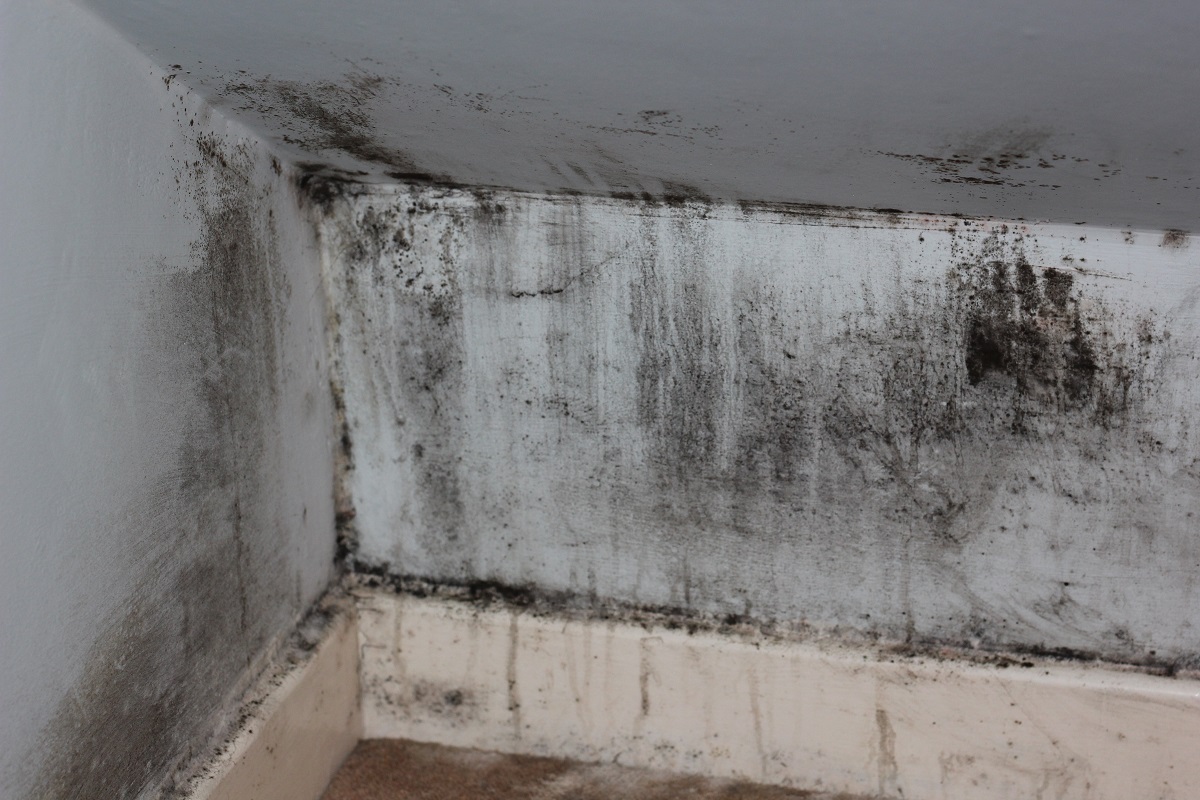
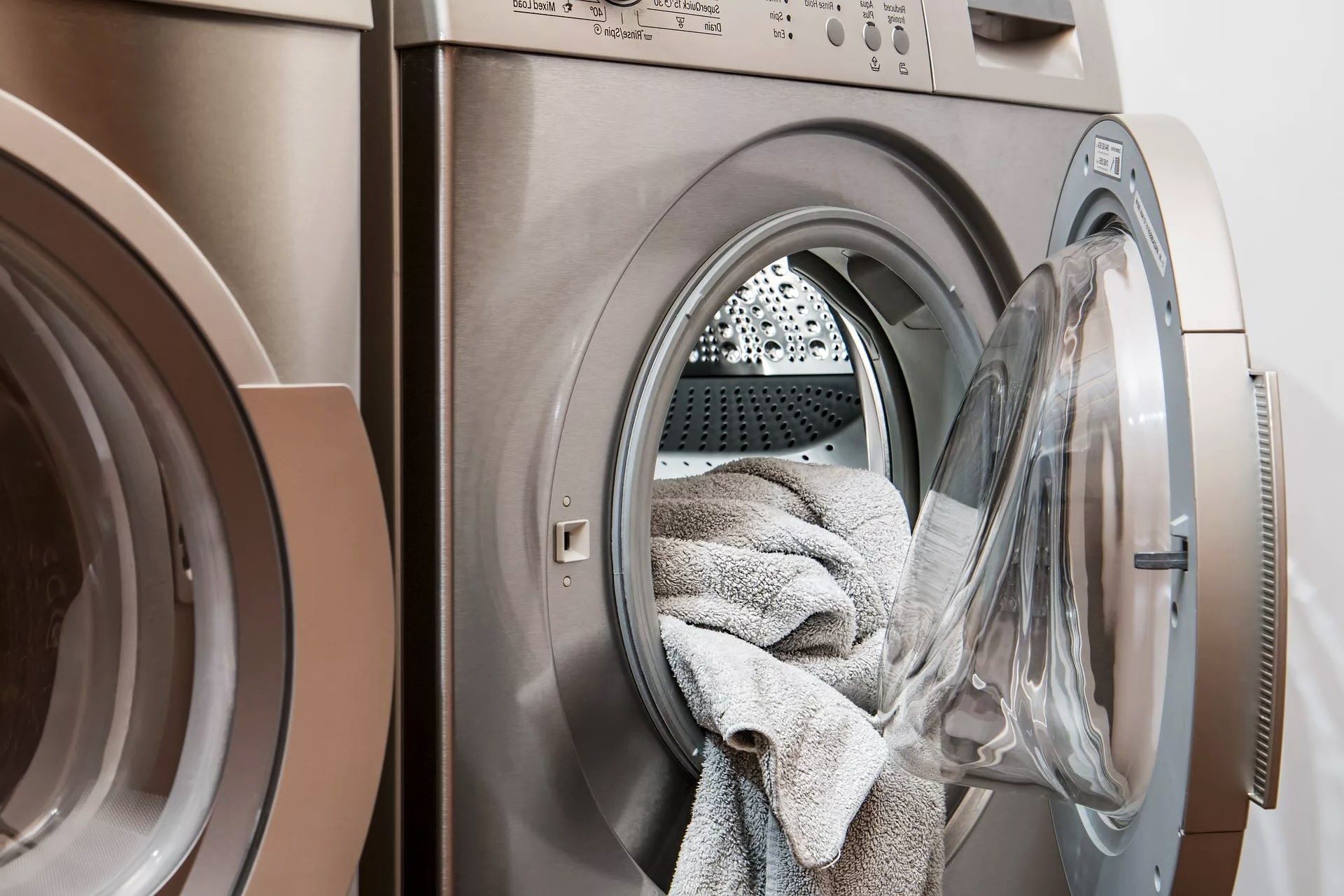

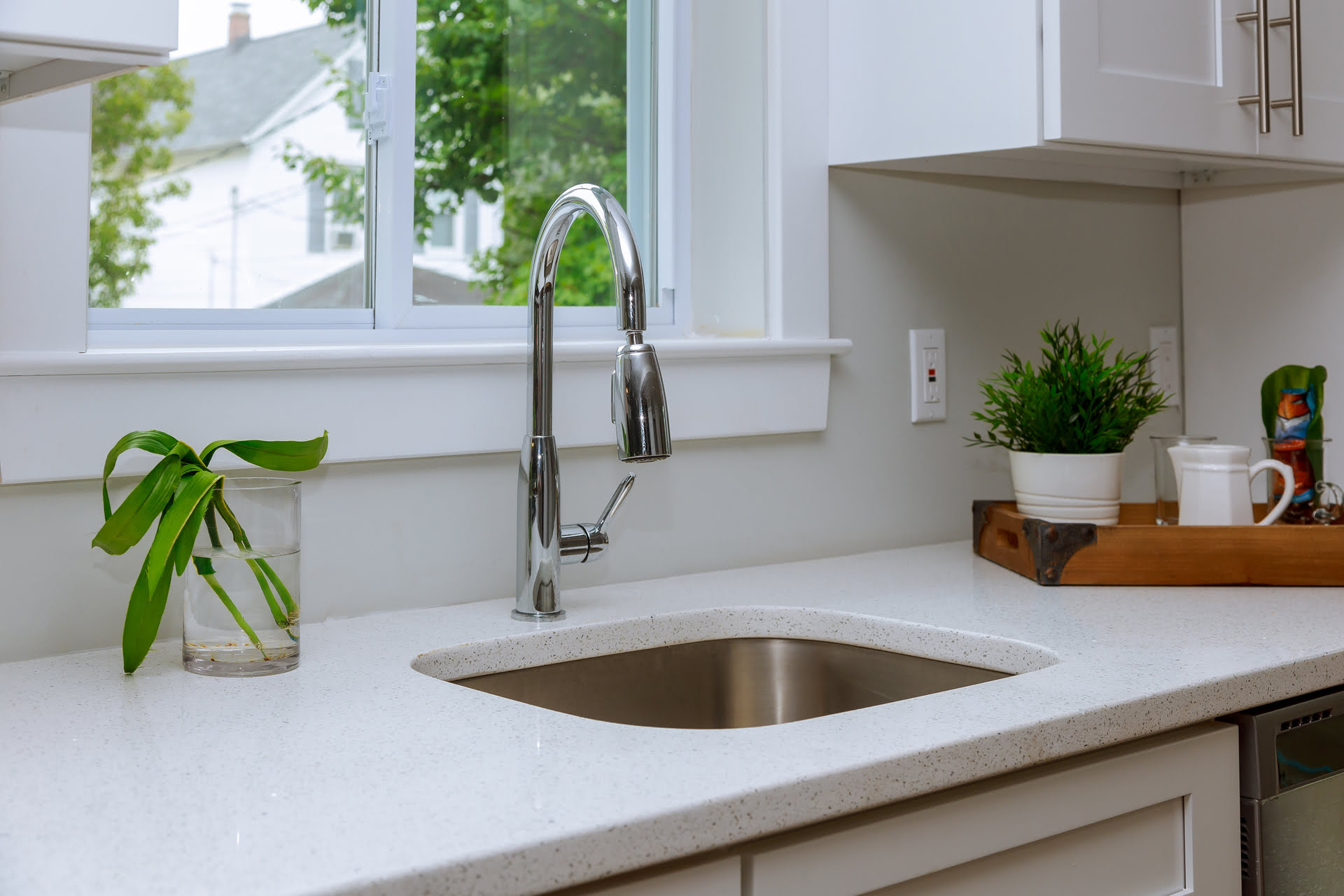


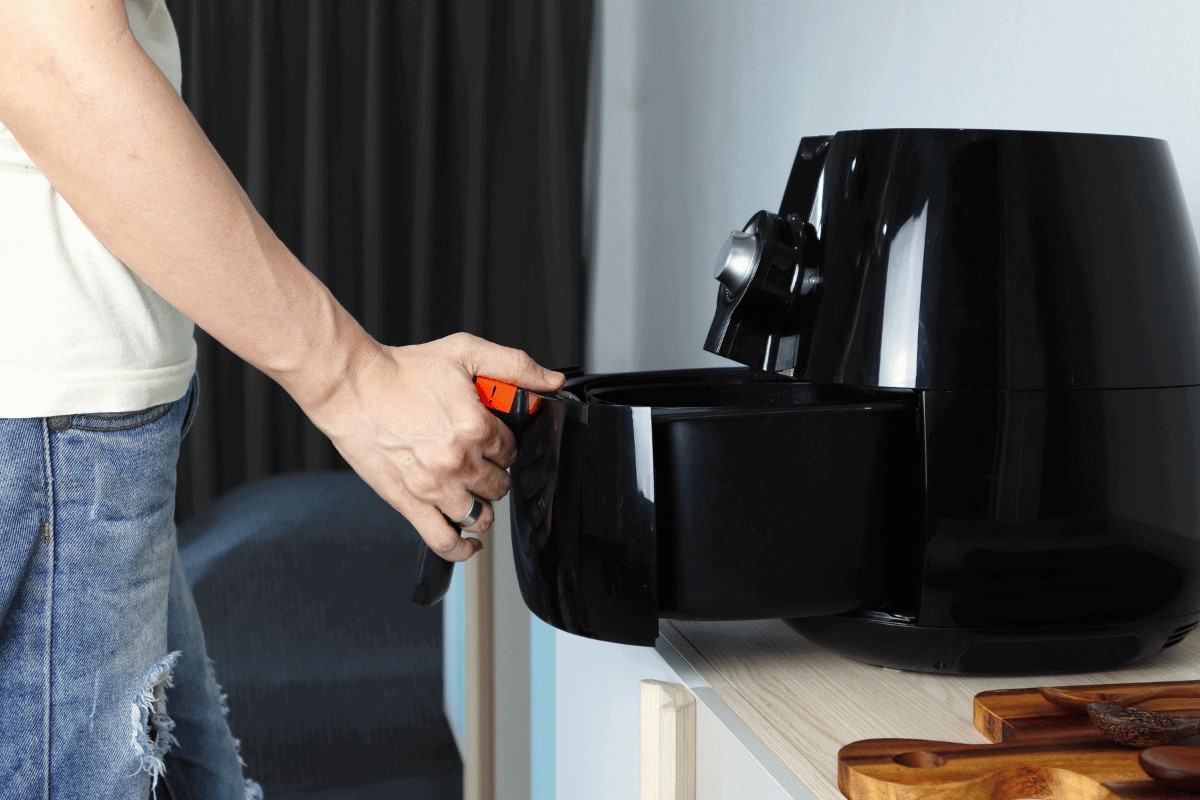

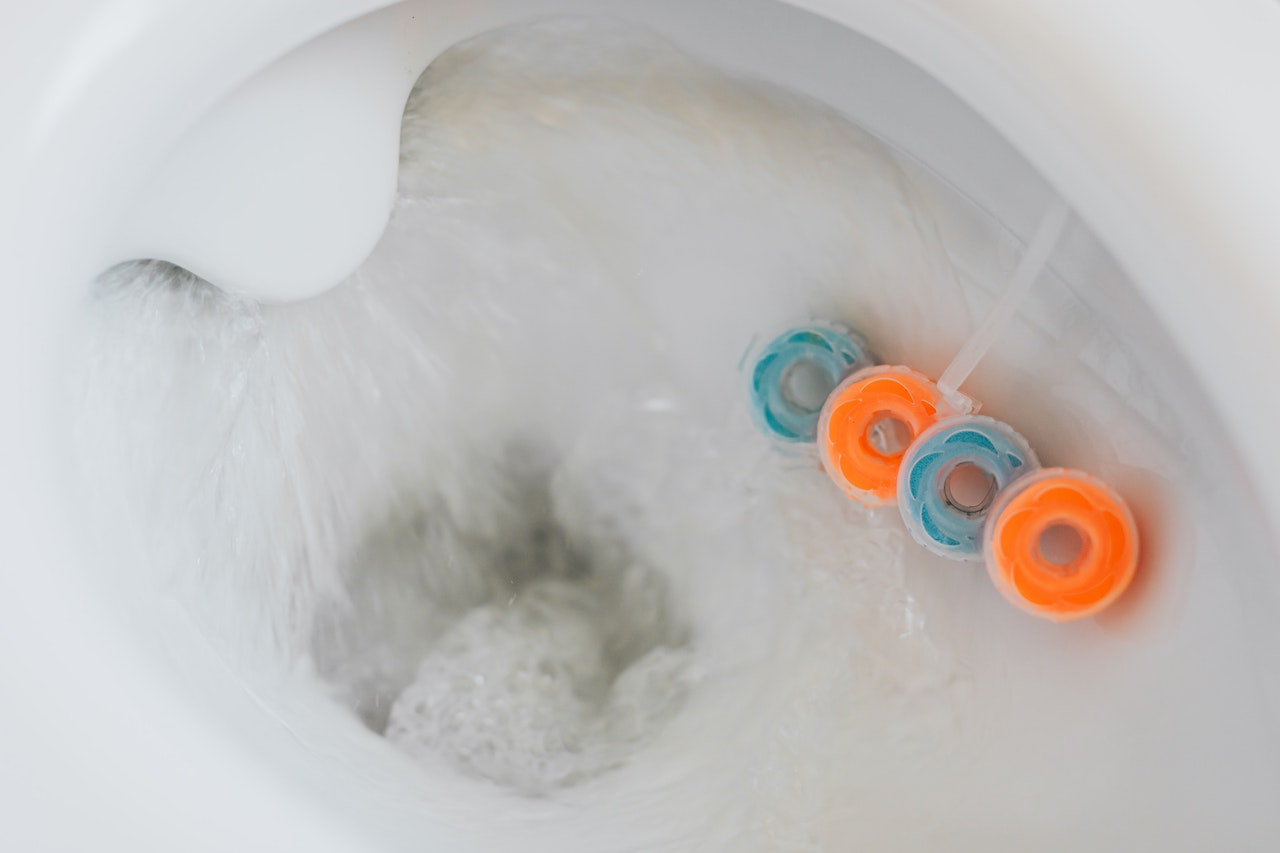
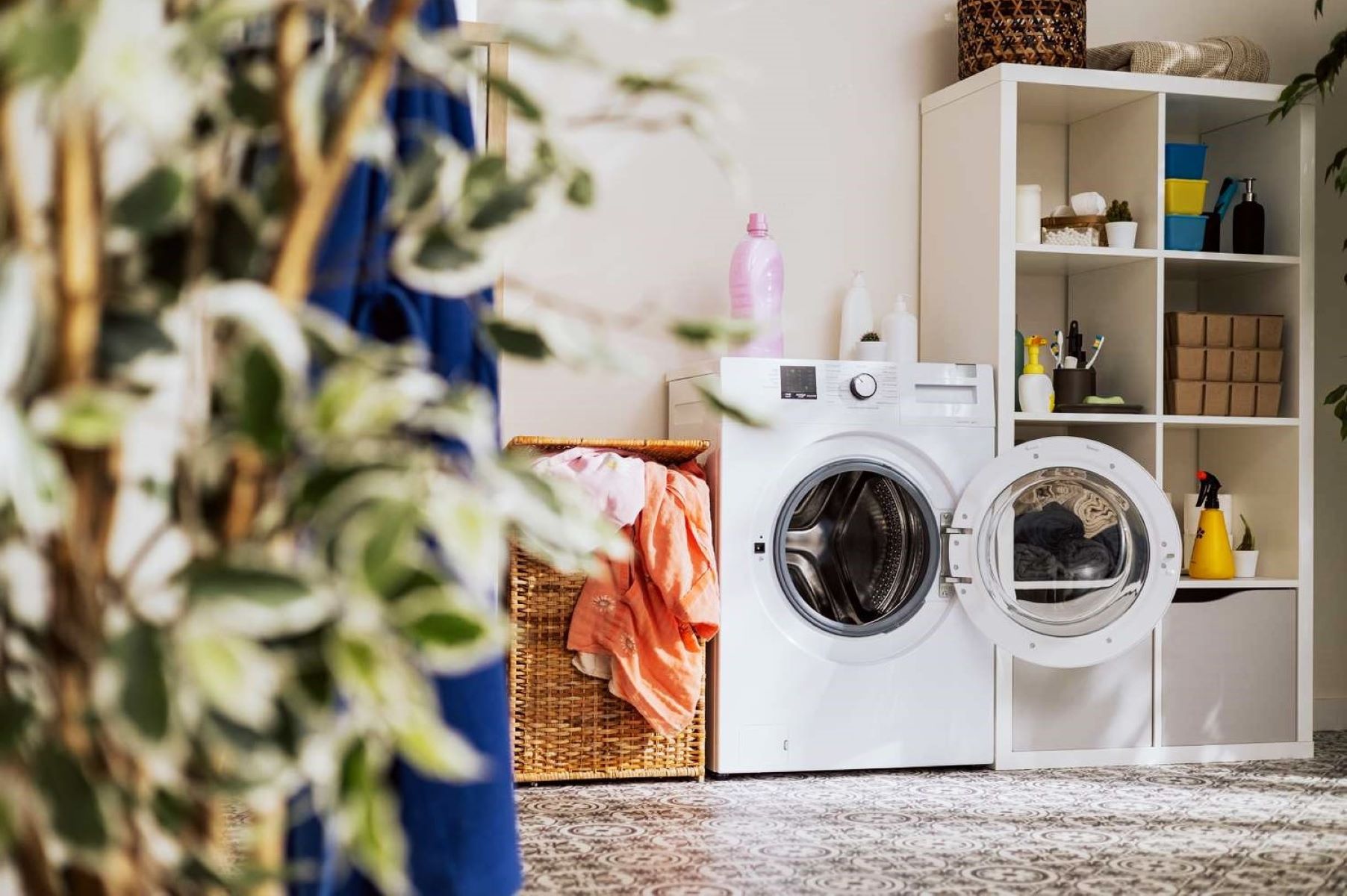
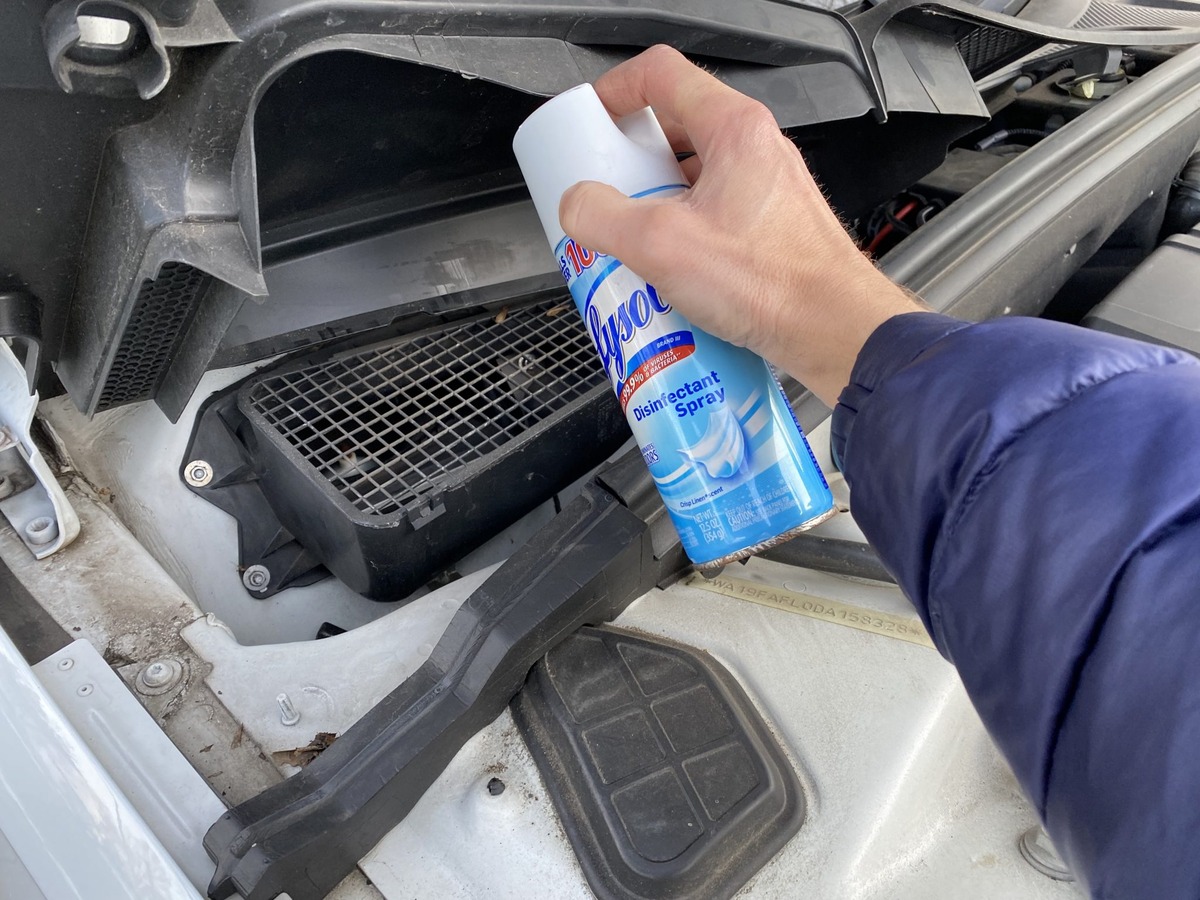


0 thoughts on “Why Does My Basement Smell Like Sulfur”